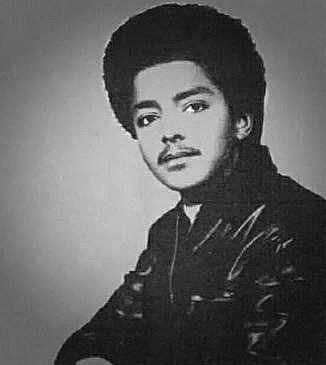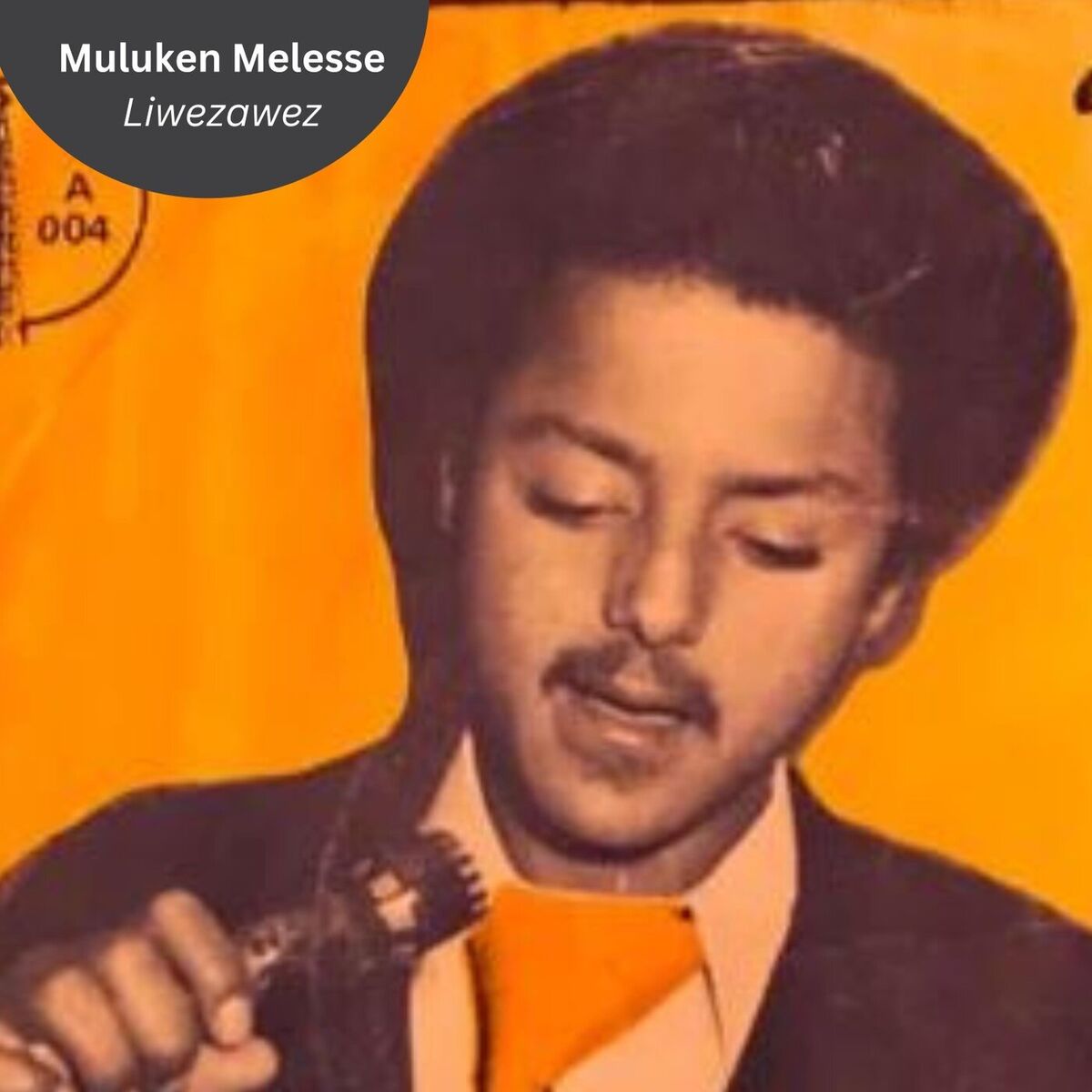ሙሉቀን መለሰ | Muluken Melesse

Basic Identity
- Real Name and Stage Name : His real and stage name was Muluken Melesse.
- Date and Place of Birth : He was born in 1951 in Gojjam Province, located in northern Ethiopia.
- Age / Current Age or Age at Death : Muluken Melesse passed away on April 9, 2024, at the age of 73.
- Siblings : Public records do not mention any siblings. However, it is confirmed that he lost his mother as a child and was later raised in an orphanage after being sent to live with an uncle in Addis Ababa.
- Background and Upbringing : After the death of his mother, Muluken moved to Addis Ababa to live with his uncle, but the living situation didn’t work out. He ended up in an orphanage, where he studied music and began singing as a teenager. His early hardship and exposure to music education at the orphanage became foundational to his musical journey.

Career
- Career Start and Early Breakthrough : Muluken Melesse began his music career in the 1960s, performing in nightclubs in Addis Ababa while still a teenager. His talent was nurtured while living in an orphanage, where he received basic music education.
- First Song / Breakthrough Hit : His first recorded song was “Hedetch Alu” in 1972. His big breakthrough came with popular hits like “Mewdeden Wededkut”, “Nanu Nanu Neyi”, and “Hagerwa Wasamegna”, which solidified his position in Ethiopian music.
- Major Milestones and Achievements : Gained national fame in the 1970s and 1980s with his romantic and patriotic songs. Worked with prestigious bands like Dahlak Band, Roha Band, and Ethio-Stars. Collaborated with renowned lyricists like Shewaleul Mengistu and Alem Tsehay Wodajo. After relocating to the U.S., he continued singing gospel music and performed at church events internationally. Became a respected figure in both secular and gospel Ethiopian music spheres.
- Awards and Recognitions : While he may not have received formal international music awards, Muluken was honored by his fans and Ethiopian music institutions as one of the golden voices of the 20th century. His contribution to both secular and gospel music has been widely acknowledged by the Ethiopian diaspora and local cultural associations.
- International Reach and Diaspora Performances : Muluken Melesse moved to the United States in 1984, where he gained popularity among the Ethiopian diaspora, especially in the Washington, D.C. area. Though he didn’t sign major global record deals, his gospel performances and earlier recordings continued to circulate internationally.
Albums
Tracks
| Yemiaslekes Fikir | Tizita | Antarekm Wey |
| Wotetie Mare | Che Belew | Nanu Nanu Neyi |
| Embwa Bellew | Minew Kerefede | Hode New Telate |

Personal Life
- Relationship Status and Children : Muluken Melesse was married and had a family. According to NPR, his widow is named Mulu Kaipagyan. (This confirms he was not single.) Ethiopian obituaries note that he was “survived by his wife and three children,” although the children’s names are not publicly detailed. In summary, Muluken was married (widowed at his death) and left behind children.
- Net Worth and Assets : No reliable source gives an estimate of Muluken Melesse’s wealth. There are no public records or reports of major assets (homes, vehicles, etc.), and sources on his life focus on his music and faith rather than finances. No net-worth figure or luxurious asset is documented in the media.
- Current Residence and Lifestyle : The available reports describe Muluken’ s modest life after emigrating. He moved to the Washington, D.C. area in 1984 and devoted himself to church and music. NPR notes he “took to singing gospel songs at church events” during his later years. His post-music life was centered on his ministry, with no mention of lavish living or expensive belongings. In short, he appears to have lived modestly in the DC area, focused on family and faith. In his final years Muluken Melesse lived in the Washington, D.C. metropolitan area. After retiring from secular music, he devoted himself to his Christian faith: NPR reports that he frequently performed gospel music at local church gatherings. His widow described him as someone who “loved people and feared God”, indicating a quiet, faith-centered lifestyle. Overall, in daily life he remained in suburban DC with his family, engaged in church activities and music ministry, rather than public entertainment or material pursuits.
Business
- Business & Cultural Investment : There are no reports or evidence that Muluken Melesse was involved in businesses, brand endorsements, or entrepreneurial ventures during his lifetime. After moving to the United States, his primary focus shifted entirely toward gospel music and religious ministry. Multiple sources highlight that he lived a faith-centered, low-profile life without branching into commercial or business enterprises. He dedicated his time to Christian service, performing gospel songs at church events and participating in religious community activities in the Washington, D.C. area. No public records, interviews, or articles mention Muluken owning businesses, partnering with brands, or launching entrepreneurial projects. In summary, Muluken Melesse remained solely dedicated to his spiritual journey and music, rather than business ventures.
-SOURCES-
NPR.org
BBC.com
AddisStandard.com
Borkena.com
AllAfrica.com
YouTube.com
Tadias.com
Ethio360media.com
TheAfricaReport.com
Spotify.com
Apple Music
